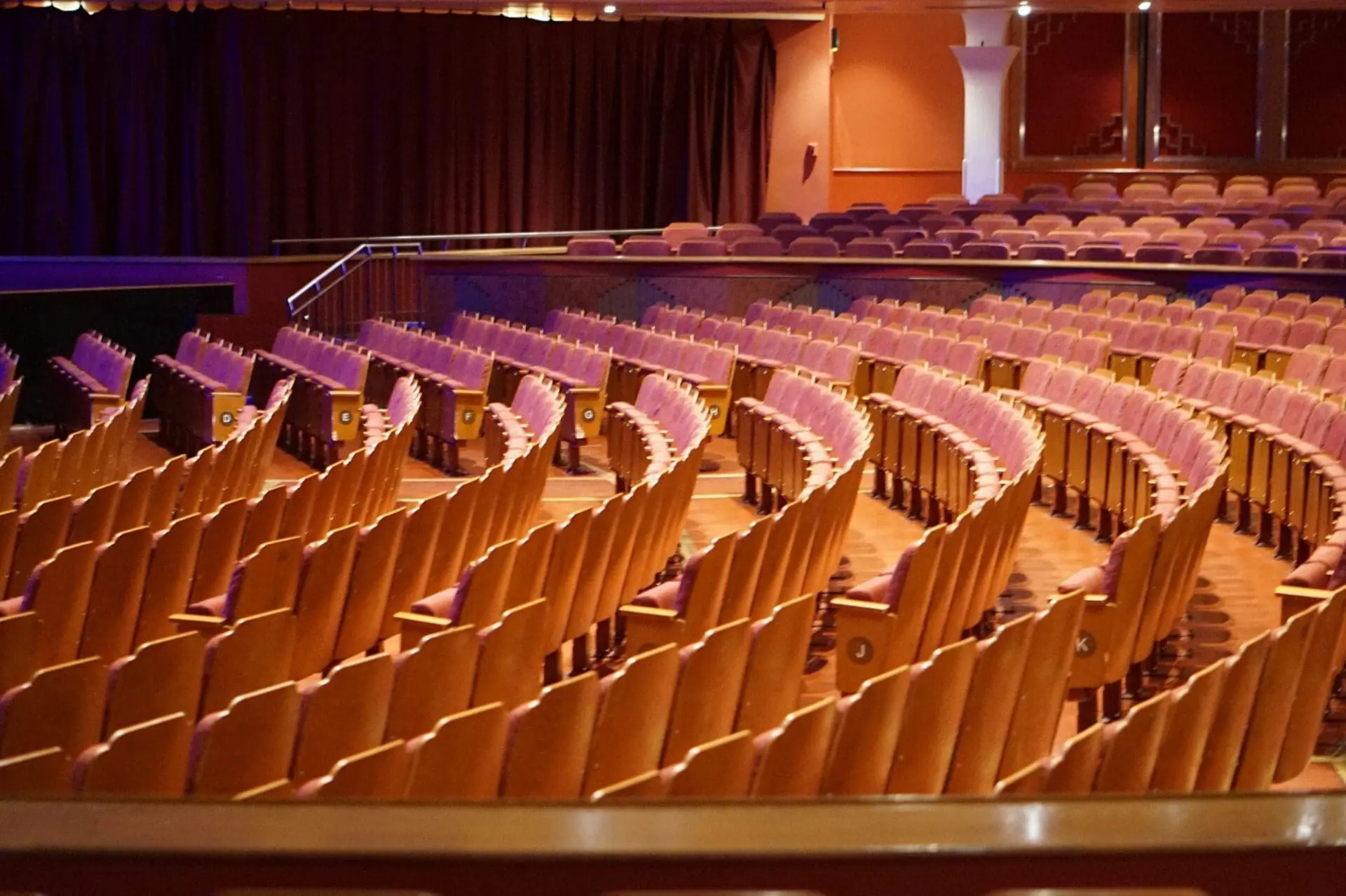We’ve all seen the pictures: Salzburg Festival defied the odds and put on two staged operatic productions this summer. The festival had a COVID-testing clinic in situ, tight protocols for testing, masking, foot traffic, as well as who could work closely with whom. Their Cosí fan tutte had to be cut to 2 ½ hours with no intermission, but they did it. And they’re not the only ones. All across Europe and East Asia, live classical performance has begun to stir. Lucerne Festival Orchestra put about 60% of their seats on sale and masks were mandatory…and their Martha Argerich concert conducted by Herbert Blomstedt went ahead. Prague, Oslo, Copenhagen, Vienna have all seen concerts given by their local orchestras and opera companies.
Before you tell me that all that is happening because European houses don’t depend on box office as much as we do in Canada, let me bring up the case of Britain. Canadian and UK arts funding systems are roughly the same—a mix of government, box office and donors/sponsorships. However, the UK’s classical music and theatre sectors have been much more vocal about the need for clearer guidelines from government, have shown more eagerness to experiment, and their media have been more eager to bang on about the need for the arts. While the UK locked down later than Canada, they announced in August that performing arts venues were free to open at reduced capacity. Improvised summer seasons quickly emerged with open-air concerts at Opera Holland Park, Glyndebourne garden concerts and chamber opera, and a reduced BBC Proms with a mix of live and digital.
Back in Canada, Ontarians are now allowed to gather indoors in groups of 50, but still, with few attempts to revive unamplified live music performances. Tapestry Opera broke the spell recently with its portable curbside concerts for hire—chapeau to them—but over the past three months, I would have expected our nimble indie opera groups to attempt some form of live opera. A lot of us who held onto our jobs have unspent cash itching to leave our wallets for any kind of entertainment. Theatre in Ontario saw the odd exception to the general paralysis: for example, Rebecca Northan’s improv ensemble created “Sidewalk Scenes” soon after the Stratford Festival cancelled its season. Her group went for a “medieval company of roving players making their living touring from town to town” format.
Where are opera’s Northans? What worried me even more during the past months is that there was no clamouring for live music from any quarters. Bass Robert Pomakov published a lucid op-ed in the Globe and Mail raising similar concerns, and Canadian Choirs published an open letter in June asking for a fair consideration to re-open—but that was it. Ontario politicians rarely, if ever, mention performing arts in their statements, and while the current Minister of Health is a classical music lover, this doesn’t seem to have helped the cause.
After some initial eyebrow raising, we all seem reconciled to the fact that airlines need to put every seat on sale to make any money, and that restaurants and clubs need to take their customers indoors too. But we as the opera/classical music sector have been quiet and compliant. Will the audiences miss us if we peter out? Something like that has already happened to arts journalism in our country. Dailies and the CBC stopped offering it, and readers gradually stopped remembering why they needed it. After which, cost-cutting managers said, “See, there’s very little traffic on arts journalism and criticism pages anyway. Nobody misses the stuff.”
We have to do everything we can to prevent this from happening to our music sector.
This article written in Aug. 2020 is a special selection from our upcoming Fall 2020 issue. To receive more exclusive content, help support our writers and Canadian artists by clicking here to subscribe.














